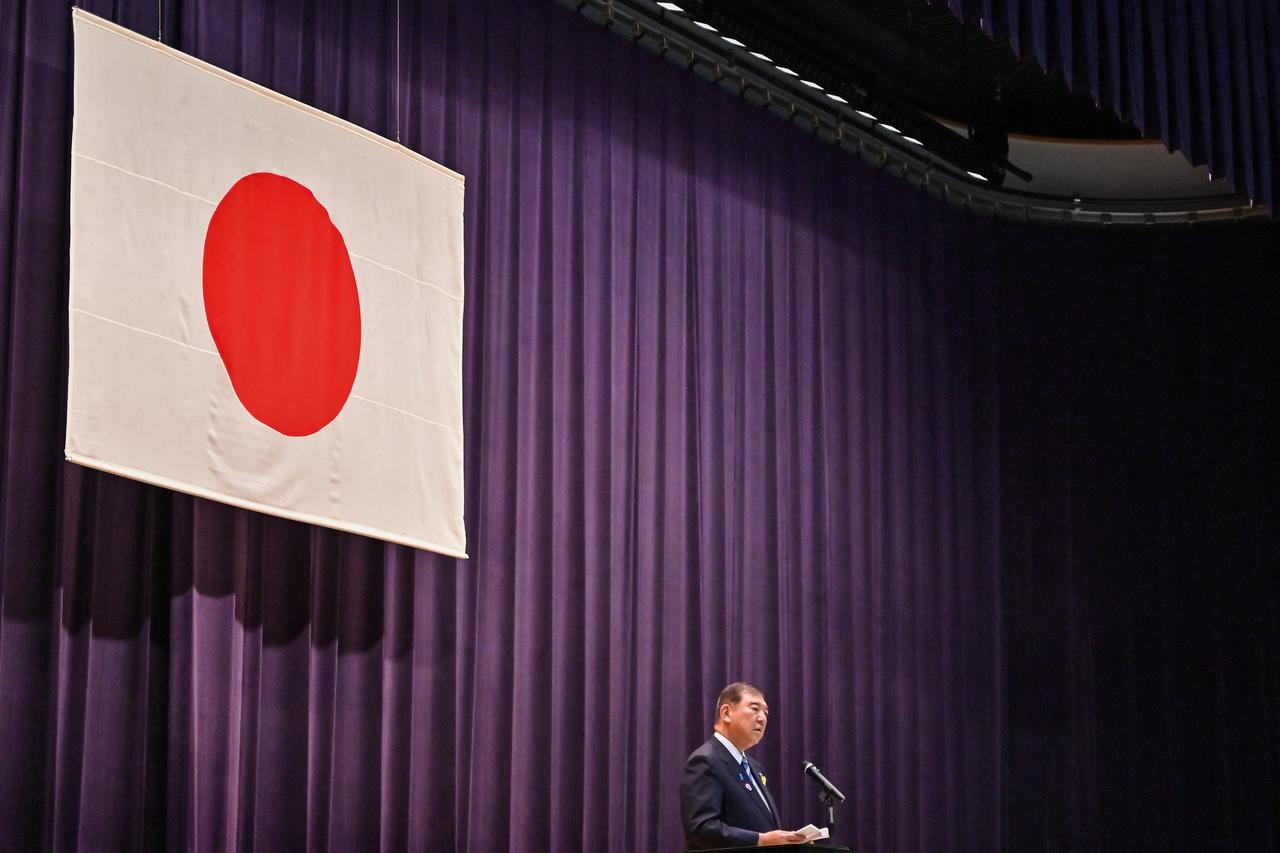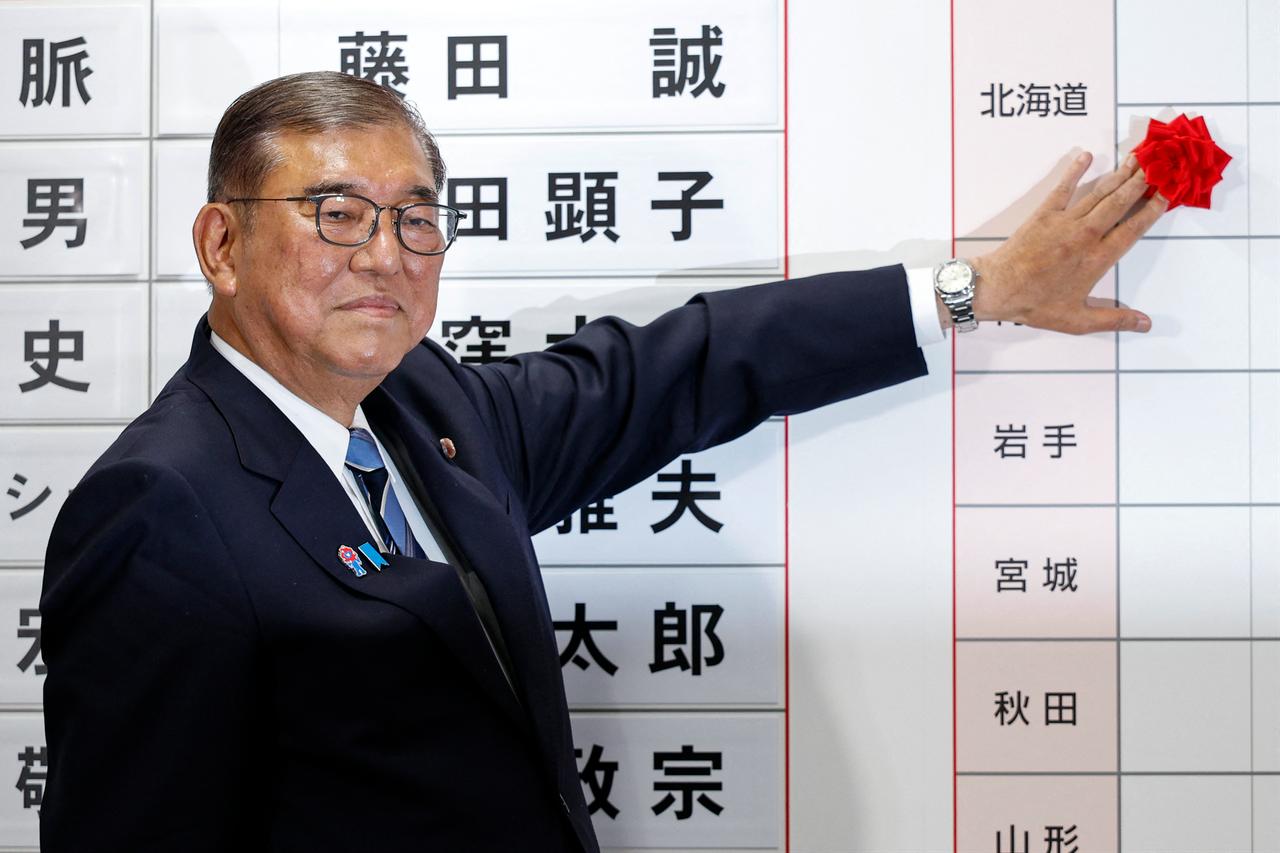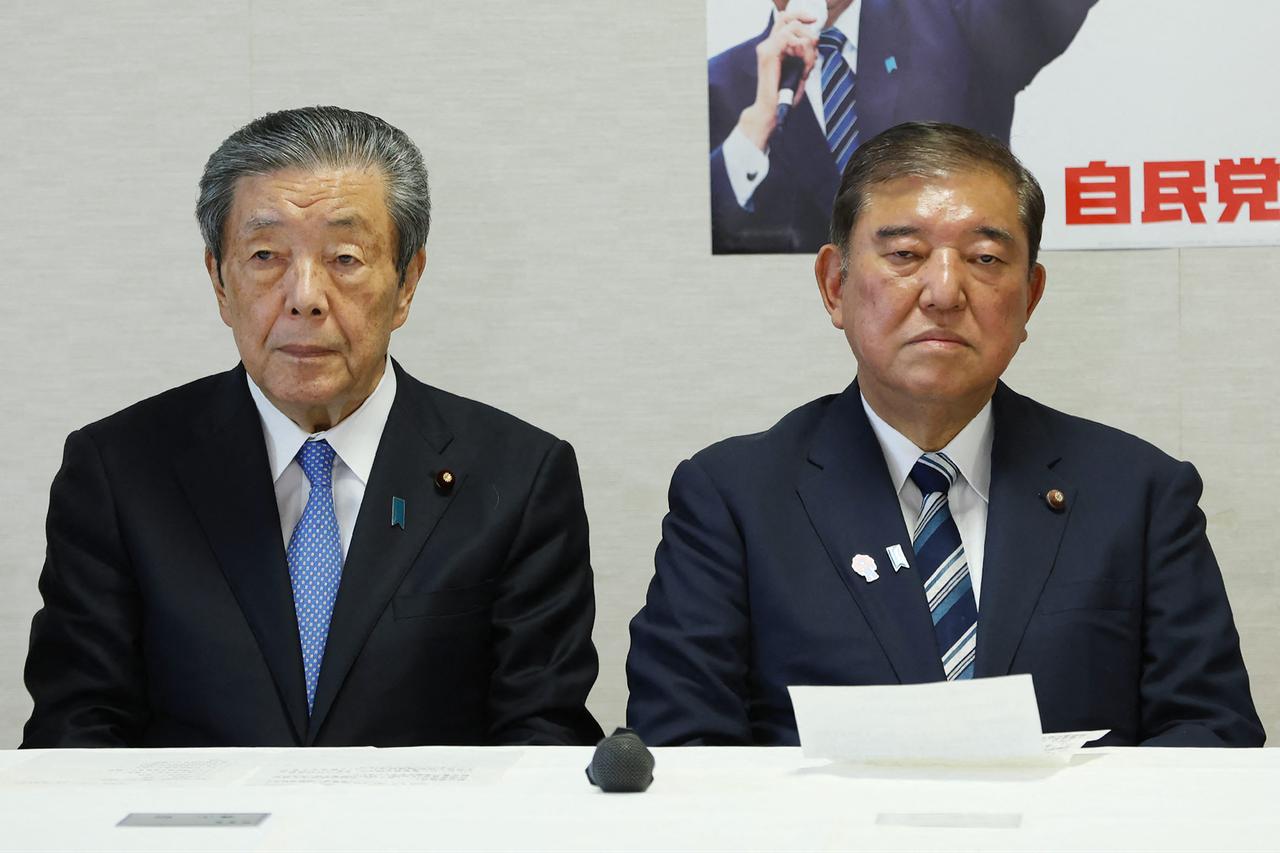
Japanese Prime Minister Shigeru Ishiba has decided to step down, local media reported Sunday, as members of his ruling party push for a new leadership race following disastrous upper house election results.
Ishiba has faced mounting criticism from within the ruling Liberal Democratic Party after its defeat in the July 20 Upper House election.
On Tuesday, during a joint plenary meeting of lawmakers from both houses of parliament, Ishiba apologized for the loss.
“It is my responsibility as president of the LDP, and I cannot evade that,” he said, adding that he has “no intention to cling to” his post and will “make a proper decision at the appropriate time.”
Following the defeat, Ishiba initially rejected calls from within his party to resign, signaling he intended to stay in office.

The decision comes less than a year after the 68-year-old took the helm of the long-dominant LDP. Since then, he has lost his majority in both houses of parliament.
Public broadcaster NHK said Ishiba chose to step down to avoid a split in the party, while the Asahi Shimbun reported he was unable to withstand the mounting calls for his resignation.
The farm minister and a former prime minister reportedly met with Ishiba on Saturday night to urge him to resign voluntarily.
NHK said he is expected to announce his intention to quit at a news conference later in the day.
Last week, four senior LDP officials, including the party’s number two, Hiroshi Moriyama, offered to resign.
Opponents had been calling on Ishiba to step down and take responsibility for the election setback.
Those backing his resignation included influential 84-year-old former Prime Minister Taro Aso, according to local media.
But other veteran members urged caution, warning that the LDP’s old-style politics was undermining its credibility.
LDP lawmakers and regional officials across Japan who want a new leadership election plan are to submit a request on Monday.
A contest will be held if the required majority is reached. Ishiba’s term as party leader had been set to run until September 2027.

His most prominent rival, Sanae Takaichi, a hardline nationalist and runner-up in the 2024 leadership election, all but declared Tuesday that she would seek a contest.
Recent opinion polls, however, suggested rebounding support for Ishiba’s cabinet following tariff deals with the United States and the government’s decision to reverse rice policy to increase production.
Surveys showed voters less enthusiastic about the hawkish Takaichi.
A Nikkei poll conducted at the end of August found Takaichi viewed as the most “fitting” successor to Ishiba, followed by farm minister Shinjiro Koizumi.
Still, 52% of respondents said a leadership contest was unnecessary.
After the election, social media users voiced support for the moderate Ishiba to remain in office under the hashtag “#Ishiba Don’t quit.”
The LDP has governed almost continuously since 1955, but voters have been drifting away, including toward fringe groups such as the populist Sanseito.
Dissatisfaction has been fueled by rising prices—particularly for rice—falling living standards, and anger over corruption scandals within the party.
Ishiba, a career politician, was elected LDP leader last year on his fifth attempt, vowing to create a “new Japan.”
With pressure mounting on him to take responsibility for the defeat, the party is expected to decide on Monday whether to hold an emergency leadership race.